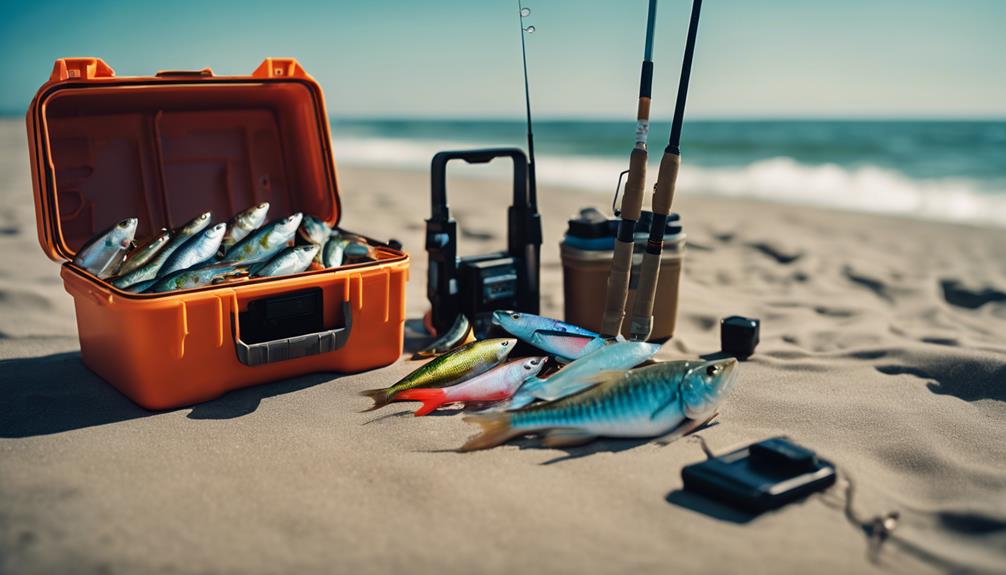Fishing is a beloved pastime for many, offering a unique way to connect with nature and enjoy the great outdoors. However, before you cast your line, it’s essential to understand the regulations that govern fishing in your area. One of the most common questions asked by anglers, both novice and experienced, is: do you have to have a fishing license? This article will explore the ins and outs of fishing licenses, including who needs one, the types of licenses available, and the consequences of fishing without a license.
What is a Fishing License and Why Do You Need One?
A fishing license is a legal document that grants an individual the permission to fish in specific waters. The primary purpose of a fishing license is to regulate fishing activities to ensure sustainable practices and protect fish populations. Licensing helps to fund conservation efforts, habitat restoration, and fish stocking programs, which are crucial for maintaining healthy ecosystems. In many states and countries, fishing without a license can lead to hefty fines and legal consequences. Therefore, understanding whether you need a fishing license is vital for any angler.
Who Needs a Fishing License?
In most jurisdictions, anyone over a certain age—often 16 or 18—must possess a fishing license to fish legally. However, there are exceptions based on location and specific circumstances. For instance, some states offer free fishing days when residents can fish without a license. Additionally, children under a specific age may fish without a license if accompanied by a licensed adult. If you are a visitor fishing in another state or country, you must also obtain a license for that particular area, as regulations vary widely by region.
Types of Fishing Licenses
Fishing licenses come in various forms, catering to different types of anglers and fishing practices. Common types include:
1. Resident Licenses: Issued to individuals who live in the state where they plan to fish, typically at a lower cost than non-resident licenses.
2. Non-Resident Licenses: For those who are not residents of the state but wish to fish there. These licenses usually come at a premium price.
3. Short-Term Licenses: Ideal for tourists or occasional anglers, these licenses are valid for a limited time, such as a day or a week.
4. Annual Licenses: These licenses allow for unlimited fishing within the validity period and are perfect for avid anglers.
5. Special Permits: Some areas may require additional permits for specific types of fishing, such as saltwater fishing or fishing for certain species.
When purchasing a fishing license, it’s crucial to choose the one that best fits your fishing habits and needs.
How to Obtain a Fishing License
Obtaining a fishing license is generally a straightforward process. Most states and countries offer online applications, allowing you to purchase a license from the comfort of your home. Alternatively, you can often find licenses at local bait and tackle shops, sporting goods stores, or government offices. When applying, you will typically need to provide personal information, such as your name, address, and date of birth. Additionally, some jurisdictions may require you to pass a fishing education course before obtaining a license, especially for first-time anglers.
Consequences of Fishing Without a License
Fishing without a license can lead to serious repercussions. If caught, offenders may face fines ranging from a few hundred to several thousand dollars, depending on the severity of the offense and local laws. Furthermore, fishing without a license can lead to a criminal record, which may affect future employment opportunities or result in the loss of fishing privileges. To avoid these consequences, always ensure you have the appropriate fishing license and adhere to local regulations.
Understanding Local Fishing Regulations
In addition to having a fishing license, it’s important to familiarize yourself with local fishing regulations. Each state or country has specific rules regarding fishing seasons, bag limits, and size limits for various species. These regulations are established to maintain fish populations and ensure sustainable fishing practices. Before heading out, check the local fish and wildlife agency’s website or contact them directly for up-to-date information on regulations in your area. Familiarizing yourself with these rules will not only keep you compliant but also enhance your overall fishing experience.
Fishing License Exemptions and Special Cases
While most anglers require a fishing license, there are notable exemptions. Some states offer free fishing days, allowing individuals to fish without a license for a limited time. Additionally, certain groups, such as military personnel or disabled individuals, may qualify for discounted or free licenses. If you are fishing in a private pond or body of water, check whether a license is required, as the rules may differ from public waters. Always verify specific conditions with local authorities to avoid any surprises.
Conclusion: Do You Have to Have a Fishing License?
In conclusion, the answer to the question, do you have to have a fishing license, is a resounding yes for most anglers. A fishing license not only keeps you compliant with the law but also contributes to the conservation of fish populations and aquatic habitats. By understanding the types of licenses available, how to obtain one, and the local regulations, you can fully enjoy your fishing adventures without the worry of legal repercussions. Whether you are a seasoned angler or just starting, ensure you have the proper license and knowledge to fish responsibly. Happy fishing!
